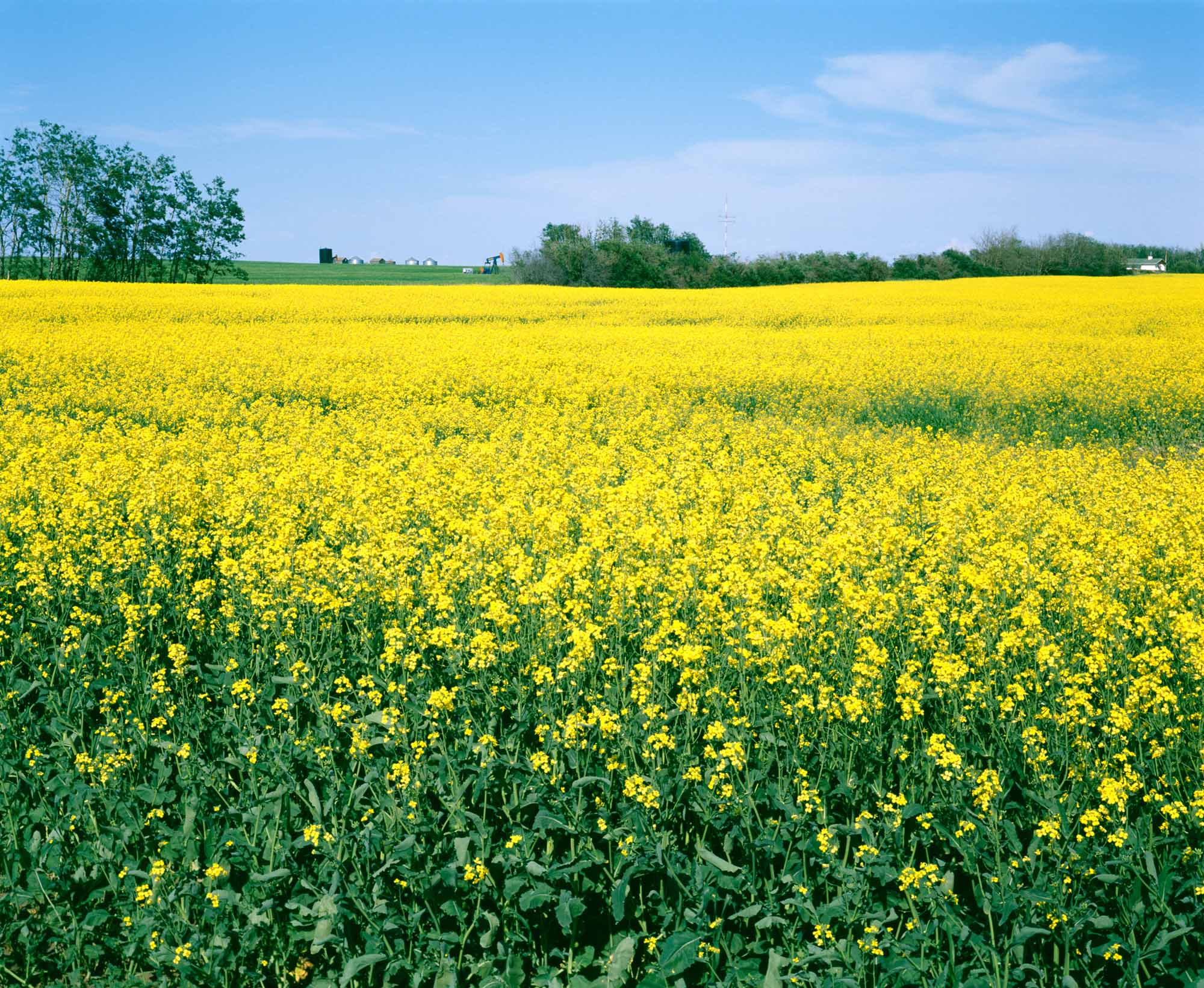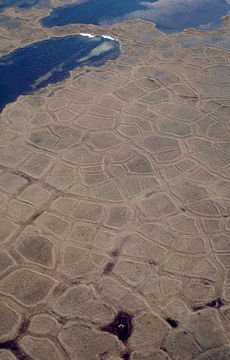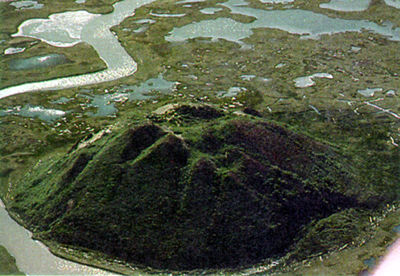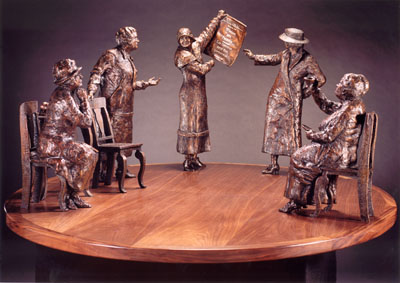Article
Pepper
Pepper (Capsicum annuum) is a perennial plant, cultivated as an annual and belonging to the nightshade family.

Enter your search term
Signing up enhances your TCE experience with the ability to save items to your personal reading list, and access the interactive map.
Create AccountArticle
Pepper (Capsicum annuum) is a perennial plant, cultivated as an annual and belonging to the nightshade family.
"https://d3d0lqu00lnqvz.cloudfront.net/media/media/63e5fe3e-d018-4a90-bfa7-b4e1e6fd7997.jpg" // resources/views/front/categories/view.blade.phphttps://d3d0lqu00lnqvz.cloudfront.net/media/media/63e5fe3e-d018-4a90-bfa7-b4e1e6fd7997.jpg

Article
Although perch is the common name for several distantly related species of fish, it properly refers to members of the perch family (Percidae), order Perciformes, class Actinoperygii.
"https://d3d0lqu00lnqvz.cloudfront.net/media/media/ae4facef-a398-4f30-a15e-4509a3815a43.jpg" // resources/views/front/categories/view.blade.phphttps://d3d0lqu00lnqvz.cloudfront.net/media/media/ae4facef-a398-4f30-a15e-4509a3815a43.jpg

Article
Percy Schmeiser, farmer, business owner, Saskatchewan MLA 1967–71, politician (born 5 January 1931 in Bruno, SK; died 13 October 2020). Farmer Percy Schmeiser was mayor of Bruno, Saskatchewan, from 1963 to 1982 and MLA for the riding of Watrous from 1967 to 1971. He is best known as the defendant in Schmeiser v. Monsanto, which was argued all the way to the Supreme Court of Canada. Monsanto, an American agrochemicals corporation, accused Schmeiser of illegally using their patented genetically modified seeds. Schmeiser claimed they had simply blown onto his farm. He became a folk hero for his stand against a large agricultural corporation and against the use of genetically modified organisms (GMOs) in agriculture. An advocate for environmental justice, farmers’ rights, and the right to save seeds, he received the Mahatma Gandhi Award and the Canadian Health Food Association Hall of Fame Award.
"https://d3d0lqu00lnqvz.cloudfront.net/media/media/dc2050ae-b79f-4f42-9cb0-d37a157abffa.jpg" // resources/views/front/categories/view.blade.phphttps://d3d0lqu00lnqvz.cloudfront.net/media/media/dc2050ae-b79f-4f42-9cb0-d37a157abffa.jpg

Article
The peregrine falcon (Falco peregrinus) is a crow-sized, long-winged bird of prey, generally acknowledged to be the swiftest bird (attaining speeds of over 320 km/h).
"https://d3d0lqu00lnqvz.cloudfront.net/media/media/1f073f28-bd23-431b-b808-03a84178fec0.jpg" // resources/views/front/categories/view.blade.phphttps://d3d0lqu00lnqvz.cloudfront.net/media/media/1f073f28-bd23-431b-b808-03a84178fec0.jpg

Collection
This collection explores the performing arts in Canada, ranging from directors, film history, and dance. The Canadian Encyclopedia includes videos, quizzes, and articles on the subject of performing arts.
"https://d3d0lqu00lnqvz.cloudfront.net/dreamstime_xl_40242975.jpg" // resources/views/front/categories/view.blade.phphttps://d3d0lqu00lnqvz.cloudfront.net/dreamstime_xl_40242975.jpg

Article
A periglacial landform is a feature resulting from the action of intense frost, often combined with the presence of permafrost. Periglacial landforms are restricted to areas that experience cold but essentially nonglacial climates.
"https://d3d0lqu00lnqvz.cloudfront.net/media/media/abcd7af0-a9a4-4141-9543-193539282103.jpg" // resources/views/front/categories/view.blade.phphttps://d3d0lqu00lnqvz.cloudfront.net/media/media/abcd7af0-a9a4-4141-9543-193539282103.jpg

Article
Periwinkle is a common name for any of the edible intertidal snails of the genus Littorina. Periwinkles are represented by 6 species in Canadian coastal waters.
"https://d3d0lqu00lnqvz.cloudfront.net/media/media/89a4e691-d72e-4af1-a2f2-3f608f6f525b.jpg" // resources/views/front/categories/view.blade.phphttps://d3d0lqu00lnqvz.cloudfront.net/media/media/89a4e691-d72e-4af1-a2f2-3f608f6f525b.jpg

Article
A witness in a judicial proceeding who knowingly gives false evidence with intent to mislead the judge or jury commits the crime of perjury. If a person knowingly makes a false statement under oath outside a judicial proceeding, he or she would also be guilty of an offence.
"https://www.thecanadianencyclopedia.ca/images/tce_placeholder.jpg?v=e9dca980c9bdb3aa11e832e7ea94f5d9" // resources/views/front/categories/view.blade.phphttps://www.thecanadianencyclopedia.ca/images/tce_placeholder.jpg?v=e9dca980c9bdb3aa11e832e7ea94f5d9

Article
Permafrost is ground remaining at or below 0°C continuously for at least two years. About 50 per cent of Canada is underlain by permafrost, mainly in the Arctic Archipelago, Yukon, Northwest Territories and Nunavut.
"https://d3d0lqu00lnqvz.cloudfront.net/media/media/5e658751-a56e-4535-9950-f641ec565a97.jpg" // resources/views/front/categories/view.blade.phphttps://d3d0lqu00lnqvz.cloudfront.net/media/media/5e658751-a56e-4535-9950-f641ec565a97.jpg

Article
The Permanent Joint Board on Defence is a Canadian-American advisory body established at Ogdensburg, NY, 18 August 1940, by PM Mackenzie King and US President F.D. Roosevelt.
"https://www.thecanadianencyclopedia.ca/images/tce_placeholder.jpg?v=e9dca980c9bdb3aa11e832e7ea94f5d9" // resources/views/front/categories/view.blade.phphttps://www.thecanadianencyclopedia.ca/images/tce_placeholder.jpg?v=e9dca980c9bdb3aa11e832e7ea94f5d9

Article
In 1991, Canada joined an international military coalition to confront Iraq following its invasion of Kuwait. Canada contributed warships and fighter aircraft to the successful campaign to liberate Kuwait. It was the first time Canada sent women to war in combat roles, and it was the first time in decades that Canadian air and naval forces supported each other in a war zone. More than 5,100 Canadian military personnel served in the war, with a peak of about 2,700 in the region at one time. No members of the Canadian armed forces died during the conflict.
"https://d3d0lqu00lnqvz.cloudfront.net/media/media/6d7d5d34-f0d2-4f3b-9f9b-997d3b6ec7a8.jpg" // resources/views/front/categories/view.blade.phphttps://d3d0lqu00lnqvz.cloudfront.net/media/media/6d7d5d34-f0d2-4f3b-9f9b-997d3b6ec7a8.jpg

Article
Persistent organic pollutants (POPs) are carbon-based chemical compounds or groups of chemical compounds of anthropogenic (resulting from human activities) origin that are biologically and chemically inert.
"https://www.thecanadianencyclopedia.ca/images/tce_placeholder.jpg?v=e9dca980c9bdb3aa11e832e7ea94f5d9" // resources/views/front/categories/view.blade.phphttps://www.thecanadianencyclopedia.ca/images/tce_placeholder.jpg?v=e9dca980c9bdb3aa11e832e7ea94f5d9

Article
The Persons Case (Edwards v. A.G. of Canada) was a constitutional ruling that established the right of women to be appointed to the Senate. The case was initiated by the Famous Five, a group of prominent women activists. In 1928, the Supreme Court of Canada ruled that women were not “persons” according to the British North America Act (now called the Constitution Act, 1867). Therefore, they were ineligible for appointment to the Senate. However, the Judicial Committee of the Privy Council reversed the Court’s decision on 18 October 1929. The Persons Case enabled women to work for change in both the House of Commons and the Senate. It also meant that women could no longer be denied rights based on a narrow interpretation of the law.
"https://d3d0lqu00lnqvz.cloudfront.net/media/media/65699b89-06c0-4518-aa06-4eea43f2ec74.jpg" // resources/views/front/categories/view.blade.phphttps://d3d0lqu00lnqvz.cloudfront.net/media/media/65699b89-06c0-4518-aa06-4eea43f2ec74.jpg

Article
The Persons Case was a constitutional ruling. It established the right of women to serve in the Senate. The case was started by the Famous Five. They were a group of women activists. In 1928, they objected to a Supreme Court of Canada ruling that women were not “persons.” As such, they were not allowed to serve in the Senate. The Famous Five challenged the law. In 1929, the decision was reversed. As a result, women were legally recognized as “persons.” They could no longer be denied rights based on a narrow reading of the law. (This article is a plain-language summary of the Persons Case. If you are interested in reading about this topic in more depth, please see the full-length entry.)
"https://d3d0lqu00lnqvz.cloudfront.net/media/media/65699b89-06c0-4518-aa06-4eea43f2ec74.jpg" // resources/views/front/categories/view.blade.phphttps://d3d0lqu00lnqvz.cloudfront.net/media/media/65699b89-06c0-4518-aa06-4eea43f2ec74.jpg

Article
Substances used to control pests include insecticides (for control of insects), fungicides (for disease-causing fungi), herbicides (for weeds), rodenticides (for rodents), avicides (for birds), piscicides (for fish) and nematicides (for nematodes).
"https://www.thecanadianencyclopedia.ca/images/tce_placeholder.jpg?v=e9dca980c9bdb3aa11e832e7ea94f5d9" // resources/views/front/categories/view.blade.phphttps://www.thecanadianencyclopedia.ca/images/tce_placeholder.jpg?v=e9dca980c9bdb3aa11e832e7ea94f5d9
